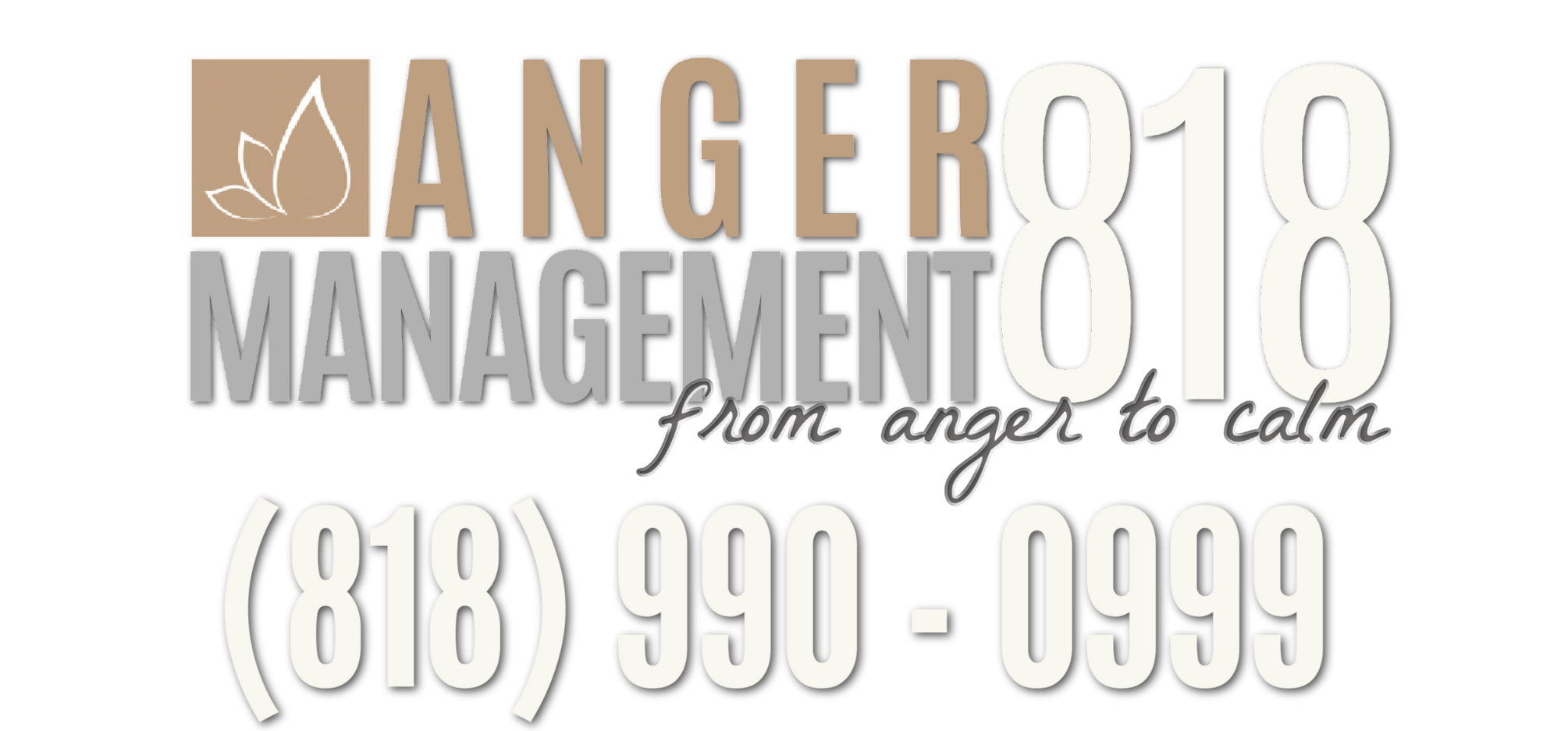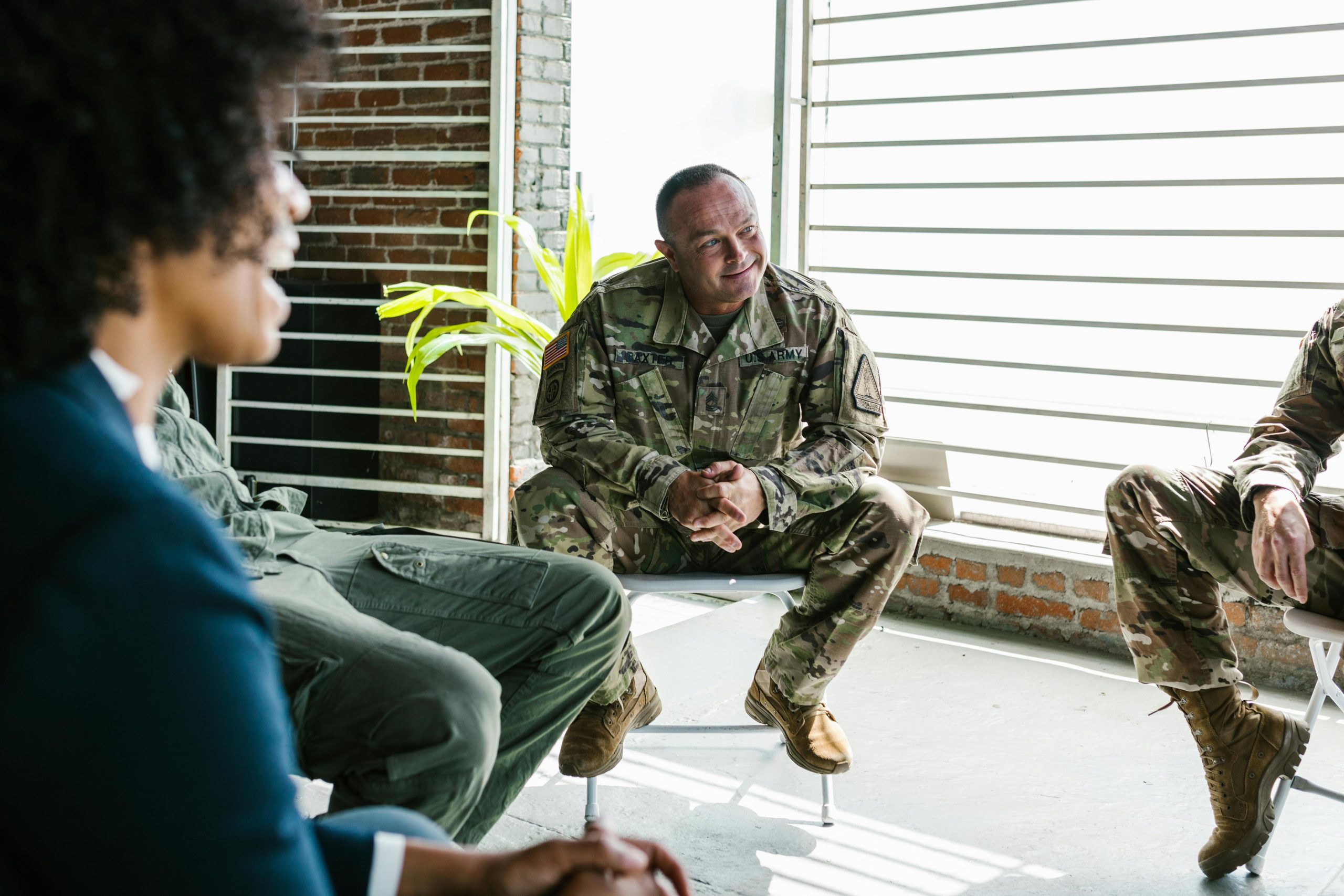Regarding PTSD in veterans, I think of the quote from the best-selling author Sebastian Junger from his book Tribe: On Homecoming and Belonging:
“It’s exactly the response you want to have when your life is in danger: you wanna be vigilant, you wanna react to strange noises, you wanna sleep lightly and wake easily, you want to have flashbacks and nightmares that remind you of specific threats to your life […]. Anger keeps you ready to fight, and depression keeps you from being too active and putting yourself in more danger. Flashbacks also serve to remind you of the danger that’s out there—a ‘highly efficient single-event survival-learning mechanism,’ as one researcher termed it.”
How Do Traumatic Memories Affect Veterans?
In my clinical practice, within the first few sessions, I ask my clients to meditate on the following question: “Is there a memory from more than nine months ago that comes into conscious awareness involuntarily and is accompanied by negative emotion?” The client may not necessarily consider the memory as traumatic, but as a therapist, this is an indication that the memory needs to be re-processed. Re-processing a memory doesn’t mean disposing of the memory altogether but instead stripping it of its emotional load.
The most manageable traumatic memories to re-process are ones that are acute, so think of a single instance, like a terrible car accident. Acute memories are often more straightforward to work through because they are contained to a specific event, making them easier to dissect.
However, for many veterans, their experiences are often more complex and chronic, involving multiple deployments, prolonged exposure to danger, and witnessing or participating in acts of violence. These types of memories can be more challenging to re-process because they are layered and intertwined with a veteran’s identity and sense of purpose.
A quote from Junger on the bitter-sweet nature of combat:
“The trauma of combat is interwoven with other positive experiences that become difficult to separate from the harm. […] Dr. Rachel Yehuda [is] the director of traumatic stress studies at Mount Sinai Hospital in New York. She has studied PTSD in a wide range of people, including combat veterans […] ‘For most people in combat, their experiences range from the best of times to the worst of times. It’s the most important thing someone has ever done—especially since these people are so young when they go in—and it’s probably the first time they’ve ever been free, completely, of societal constraints. They’re going to miss being entrenched in this defining world.”
The Role of Anger in Battlefield Life and Home Life?
Some signs that anger has become a problem include frequent outbursts, constant irritability, damaged relationships, and difficulty maintaining employment. Anger is a common issue among veterans, often intensified by PTSD and combat exposure, which can keep the body and mind on high alert even after returning home. The difficult transition to civilian life can also contribute to anger due to feelings of frustration, loss of identity, and a sense of being misunderstood.
While anger can be a protective mechanism in combat by sharpening focus and preparing the body for action, it can become maladaptive and unsustainable in civilian life. Understanding that anger is a symptom, not the root problem, is crucial. Anger doesn’t exist as a primary emotion instead, it is a secondary reaction. Some common primary emotions that may lead to anger are stress, frustration, and anxiety.
Where Can Veterans Get Help for Anger Management?
Anger management classes for veterans can be very helpful as they provide a safe space to share experiences and learn from others facing similar challenges. While Anger Management 818 does not offer veteran-specific groups, the program offers offer men-only, women-only, and coed groups, along with a veterans’ discount. Veterans receive a 50% discount for all sessions and intake fees with a valid military ID.




